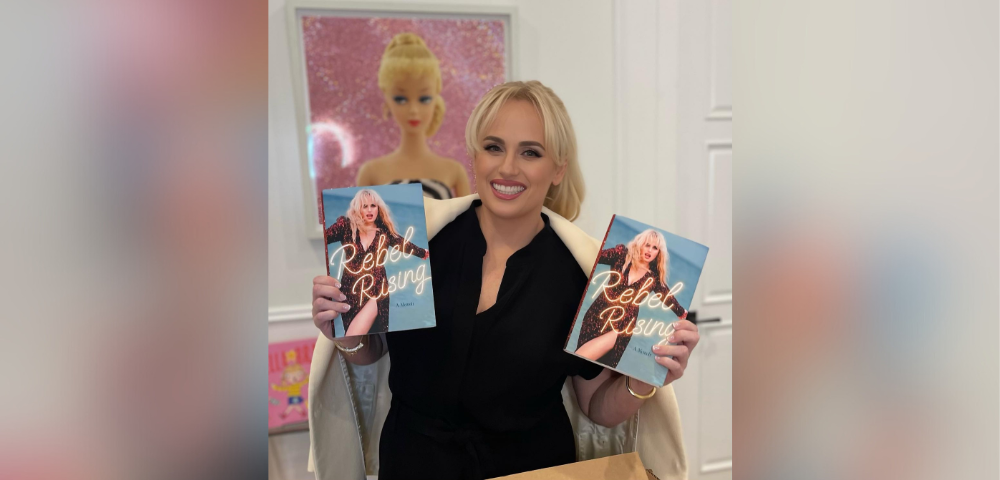
OPINION: The challenges ahead

The election of a Coalition government with Tony Abbott as Prime Minister will pose its challenges for advocates of LGBTI rights, but there are enough progressive voices within the Coalition for us to maintain hope of significant progress in the new political term.
A survey of the major parties undertaken before the election by NSW GLRL, together with Transgender Victoria, the Victorian GLRL and OII Australia, gave some reasons for encouragement, and others for concern.
To begin with the good news, the new Coalition government has pledged to uphold the new federal anti-discrimination protections on the grounds of sexual orientation, gender identity and intersex status. Importantly, they will uphold the carve-out of exemptions for religious aged care service providers, meaning that elderly people will be protected from discrimination in all Commonwealth-funded aged care services.
The new government is also on record promising to maintain the National LGBTI Ageing and Aged Care Strategy, to include same-sex parents in the government’s paid parental leave scheme, and to uphold the previous government’s Guidelines on Sex and Gender.
The Coalition has also indicated its commitment to tackling HIV/AIDS, through the National HIV/AIDS Strategy.
That’s the good news, but there will also be significant challenges.
On the issue of marriage equality, Prime Minister Abbott has said that whether Coalition members are granted a conscience vote will be a matter for the party room after the election. Given that over three quarters of Coalition supporters favour a conscience vote, such a move is overdue.
However even if a conscience vote is granted, reform will still not be easy. Given the Coalition’s significant majority in the new-look House of Representatives and an uncertain Senate, those progressive voices within the Coalition will certainly have to gain some additional traction for a Bill to have a chance of success.
Yet victories for marriage equality under conservative governments in the UK and New Zealand, as well as support from State Liberal leaders like Premier Barry O’Farrell, must put pressure on the Coalition, and give ammunition to supporters within the party like Malcolm Turnbull.
On issues like the further removal of religious exemptions, Australia’s role on LGBTI issues in foreign policy, and the extent to which LGBTI organisations and individuals will have input in the determination of policies which affect them, we are in uncharted and possibly difficult territory.
There can be no doubt, however, that progress has been made in recent years on all sides of politics, and that progress will continue.
We look forward to the challenges which lie ahead.










